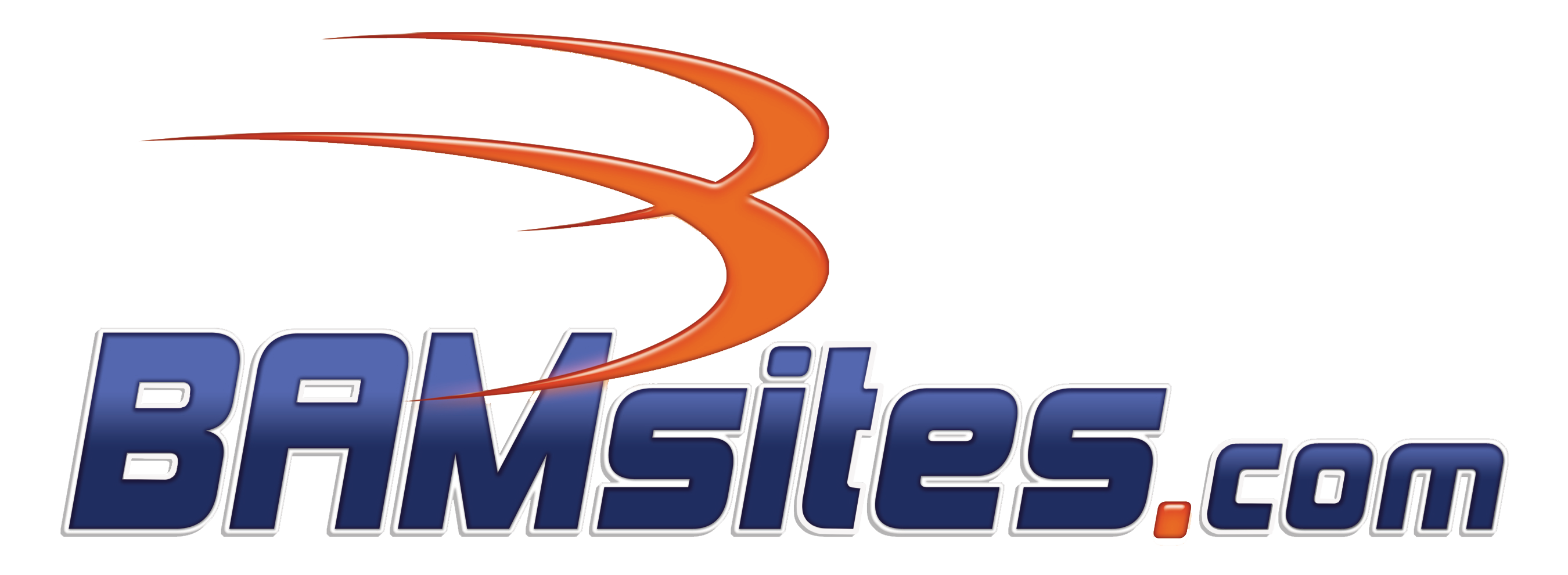So, how to write a press release? That’s a million dollar question. If done right, it can indeed bring you a million dollars in revenue. Let’s get started by answering what a press release is.
“A press release is simply a statement prepared for distribution to the news media announcing something claimed as having news value with the intent of gaining media coverage.”
A press release consists of following elements:
Headline
The headline is the first single line of text in the press release and tells what the press release is about. It can be a very effective tool to grab the attention of the journalists, so writing it from a journalists perspective is very important. Think what headlines catch your eyes in the newspaper.
The headline should be descriptive but not too long. For the later reason, PRLog limits it to 100 characters. The headline should be formatted in title case, that is, each word in the sentence should have first letter capitalized, and rest of the letters in lowercase. Acronyms can be in uppercase.
Summary
The summary lets you build up your chance to sell your press release to the journalist. It is generally a requirement of online press release services. Identify a unique feature about your product or service and then write how it is going to revolutionize the world.
The summary should be a single paragraph with about three to five lines. Beyond 250 characters is too long, so this is the limit for PRLog. All sentences in the summary should be in sentence case, that is, only first letter of a sentence should be capital, and all others should be lowercase. Again, acronyms can be all capital letters.
Body
Dateline
The dateline contains the release date of the press release and usually also the originating city of the press release. For online press release services like PRLog, the date stamp is automatic and should not be entered.
Introduction
The introduction is where the press release body starts. It is the first paragraph in a press release, that generally gives basic answers to the questions of who, what, when, where and why.
Details
The details come after the introduction. It gives further explanation, statistics, background, or other details relevant to the news and also serves to back up whatever claims were made in the introductory paragraph.
The body should be at least 3000 characters or 500 words. PRLog allows you a much higher limit of 8000 characters. The body should have a minimum of two paragraphs. All paragraphs should be ideally between 5 to 8 lines each. There should be a blank line after each paragraph for good visibility.
About
The about section is also called the “boilerplate” as it used over and over again. It is generally a short section providing background information on the press release issuing company or organization.
Media Contact Information
This section contains the contact information like name, phone number, email address, mailing address, etc for the media relations contact person. For good credibility, the email address should be the same as the organization the press release is about. For example, if the press release is about an organization with a website called abcd.com, then the email address should be [email protected].
eneral Tips
A press release should be written in third person. Instead of using we, us and ours, your should be using they, them and theirs.
It is very useful to look at other people’s press releases. Feel free to take a look at the most viewed press releases, as it usually gives a lot of insight into how to write a press release.
